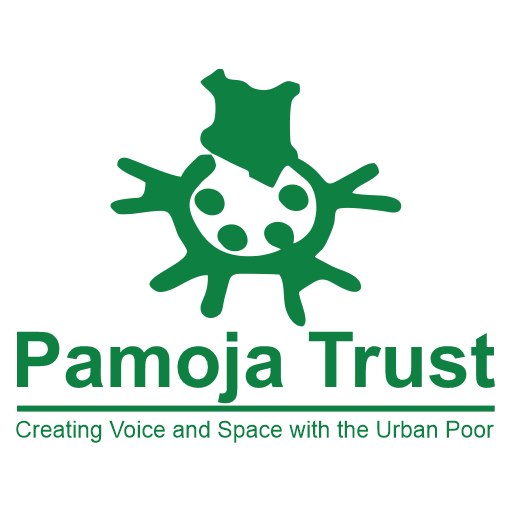BACKGROUND
Continued urbanization over the last 50 years has resulted in a situation whereby close to half of the world’s population (47.1 percent) now lives in urban areas UNFPA (United Nations Population Fund Agency) 2018). The ripple effect of these on cities being the core of urban development is enormous, especially on the housing development which has eventually resulted in overcrowding, inadequate dwellings, deplorable urban environment, degrading public infrastructure, and to an extreme, “outright homelessness” (Adesoji David Jiboye, 2016) Current studies, however, indicate that the impact of rapid urbanization in terms of housing is revealed both in its quantity and quality such that the little number of available houses is being overloaded infrastructurally and spatially leading to a reduction in the level of comfort and rapid development in the number of slums being created and the level of substandard houses being built in an unplanned and unhealthy environment.
In Kenya, the realization of adequate housing for the urban poor has remained elusive despite great strides made towards strengthening legal frameworks and institutional capacity to accelerate the progressive realization of the right to adequate housing as enshrined in Article 43 of the Kenyan Constitution 2010. It should be noted that such efforts have not taken into consideration the peculiarity that exists within the urban informal settlements, which requires a multifaceted approach anchored on the adoption of approaches/processes that enhance and enable the urban poor communities mobilize both economic and social resources and innovatively identify adaptive mechanism, approaches and models that enhance the realization of the right to adequate housing for the urban poor.
Pamoja Trust over time has promoted the adoption of the primary housing cooperative approach as one of the best-fit models that allows communities to leverage their social capital to mobilize financial resources for the realization of the right to adequate housing. This intervention has seen the PHCs in Nakuru acquire parcels of land for housing development. PT desires to support the PHCs in Nakuru develop housing designs and neighborhood plans to inform housing development.
OBJECTIVE OF THE TASK
To support participatory development housing designs and neighborhood plans to inform development.
SCOPE OF WORK
The scope of services shall include, but not be limited to, the following main activities:
- Jointly with the client convene community sessions (house dreaming) to extract relevant data and collate data into workable designs.
- Provide a site plan showing the proposed facilities: building, parking, drainage, fencing, power and water supply, landscape and other infrastructures
- Provide all requisite and full sets of Architectural drawings.
DELIVERABLES AND TIMELINES
- Provide architectural construction drawings.
- Submit 2 hard copies of the drawings (1 A1 and 1 A3)
- Support the co-operatives in getting the requisite approvals from Nakuru County.
- The exercise shall be conducted within 2 months.
COMPETENCIES REQUIRED
- A holder with a Bachelor’s of Architecture with a minimum of five years’ experience working in the development context
- Minimum of three years’ experience working in informal settlements.
- Demonstrate Knowledge of community mobilization and participatory approaches
- Experience in developing tools for participatory data collection and analysis
- Experience with data analysis and data presentation
- Excellent Swahili oral skills
- Ability to respond to comments and questions in a timely, appropriate manner.
- Two letters of recommendation from previous engagement on architecture duties.
Interested candidates shall submit their application letters accompanied with a copy of their CV to; landrite@pamojatrust.org not later than 5th July 2024 at 1600HRS. The subject of the email should indicate: DEVELOPMENT OF HOUSING DESIGNS FOR PHCS IN NAKURU COUNTY.

